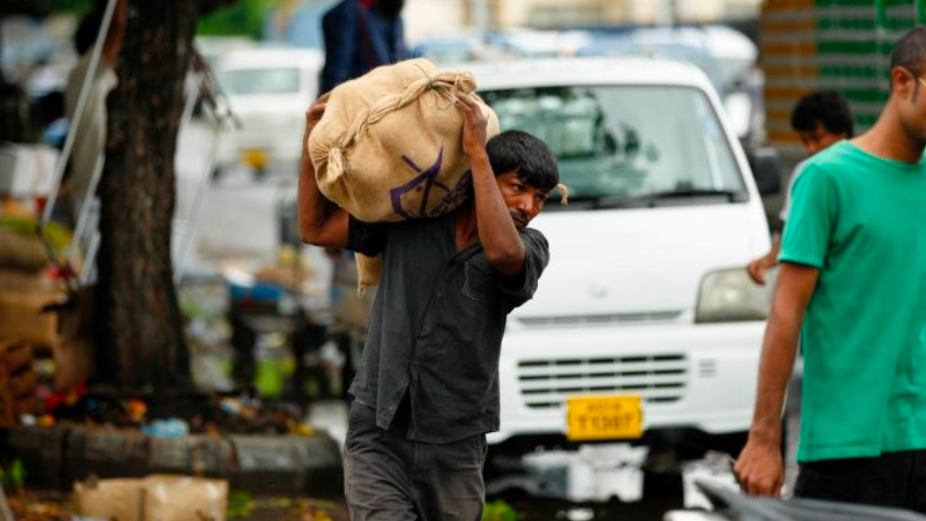
The government of Maldives has recently commenced discussions with relevant parties regarding increasing the Goods and Service Tax (GST) and Tourism Goods and Service Tax (TGST). According to various sources, the government is proposing to increase the GST from 6 to 8 percent, and the TGST from 12 to 16 percent. The government is discussing to make this change within the next six months.
While GST and TGST are two of the most significant sources of state revenue, an increase in these taxes will lead to an increase in the price of goods and services. This has led to a heated debate among the general public — would raising these taxes simply add to the struggles of the poor?
GST and TGST are regressive taxes, meaning that these taxes are applied uniformly, taking a larger percentage of income from low-income earners than from high-income earners. The average tax burden decreases with income, and low-income taxpayers pay a disproportionate share of the tax burden.
According to Ibrahim Athif Shakoor, a researcher of the Maldivian economy, raising taxes like the GST that weigh heavy on the public should be considered as a last resort. He states that the first measure would be to reduce operational expenses of the government instead.
Members of the public have also expressed anger over the apparent lack of regard by the government for ordinary citizens by considering a move such as raising GST. Indeed, if taxes are to be raised in order to increase government revenue, a progressive tax needs to first be introduced.











